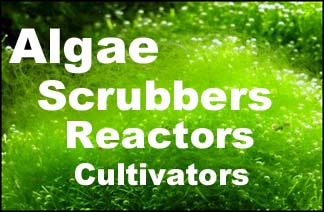Well, what I take away from all this is I have been being overly concerned about precipitates/crust forming on the surface. I thought it did much more harm by reducing effectiveness but it seems I was wrong.
Back to the original problem, still curious to find an answer to why your water is still cloudy. I have never seen that reaction with kalk and I have been using it for close to 10 years now. It has always cleared up for me within 24 hours. I am really out of ideas, and I have been racking my brain all day trying to think of what could cause that issue.
Or have you moved on and just dumped out the first batch and onto the second (which is what I would have done by now).



 Reply With Quote
Reply With Quote


